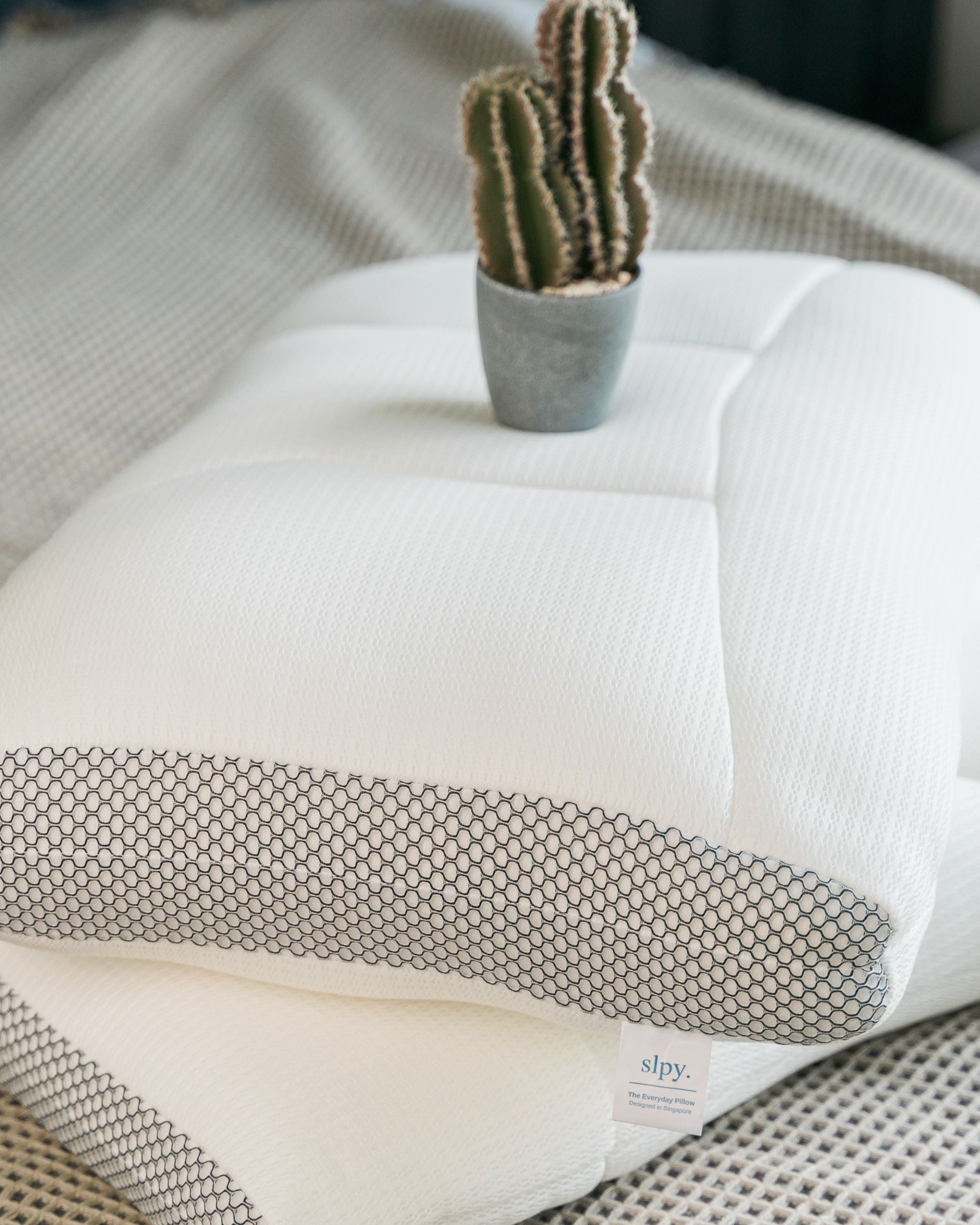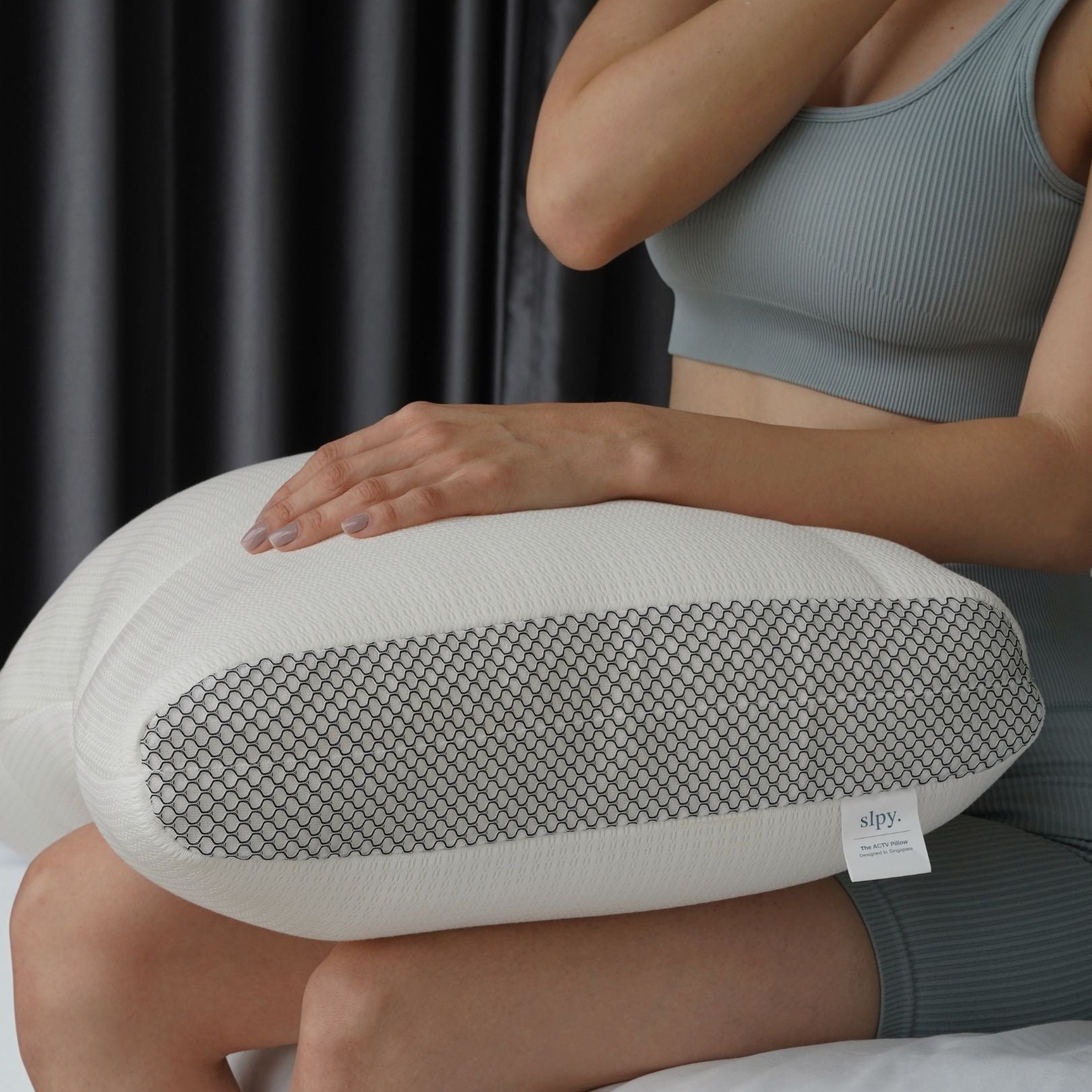The Overlooked Edge: How Sleep Enhances Athletic Performance
Athletes spend hours training their bodies for strength, speed, and endurance. But one of the most powerful tools for performance often gets overlooked: sleep. Increasingly, sports scientists and elite coaches recognize that recovery isn’t just a passive process—it’s a high-impact phase of physical and cognitive repair.
Why Sleep Is a Performance Multiplier
1. Muscle Recovery and Growth
During deep sleep (specifically slow-wave sleep), the body releases human growth hormone (HGH), which is essential for tissue repair and muscle development. A 2011 study published in Sleep journal found that even partial sleep deprivation can significantly impair muscle recovery and increase levels of cortisol, a stress hormone that can break down muscle tissue.
2. Energy and Glycogen Replenishment
Sleep helps restore glycogen levels—your muscles' primary energy source during physical activity. According to research from Stanford University, well-rested athletes exhibit improved endurance, reaction time, and sprinting performance. One study on collegiate basketball players showed that extending sleep to 10 hours per night improved shooting accuracy by 9%.
3. Cognitive Sharpness and Reaction Time
Athletic performance isn't purely physical. Mental clarity, decision-making, and reaction time are critical in competition. Studies from the Journal of Sports Sciences have shown that sleep deprivation can slow reaction time by up to 300 milliseconds—the difference between a win or loss in many sports.
4. Injury Prevention and Immune Function
A 2014 study in the Journal of Pediatric Orthopaedics revealed that adolescent athletes who slept less than 8 hours per night were 1.7 times more likely to experience injuries than their well-rested peers. Sleep also regulates immune health, helping athletes stay healthy during intense training periods.
How to Optimize Sleep for Peak Performance
-
Stick to a Sleep Schedule: Consistent bedtimes and wake times regulate circadian rhythm, improving sleep quality.
-
Limit Blue Light Exposure: Reduce screen time at least 60 minutes before bed to preserve natural melatonin production.
-
Create a Recovery-Focused Sleep Environment: Use a cool, dark, quiet room and high-quality bedding to reduce sleep interruptions.
-
Prioritize Sleep in Your Training Plan: Treat it with the same importance as nutrition and exercise.




